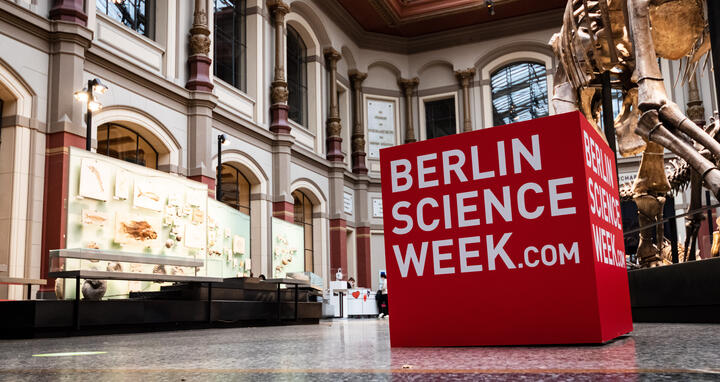Emanuel Wyler: Catching all viruses: a look at global viral genome diversity using wastewater
Tired of one virus? Get to know thousands of viruses!
Humans are constantly exposed to viruses. Some infect us without us even noticing, others can make us severely sick or kill us. One reason why we are so frequently infected is because viruses change their genome very quickly. By doing so, they can circumvent our immune systems or find ways to get into our bodies more efficiently. Assessing the diversity of viral genomes is therefore essential to better understand and treat viral infections. The Landthaler lab and partners do this by studying wastewater, which contains remnants of all virus varieties circulating in the human population. In this presentation, Emanuel Wyler will provide a glimpse into the methodologies used, insights into the results he and his team have obtained by analyzing wastewater from different locations across the planet, and particularly how this type of research can help us to contain pathogens in the future.
Emanuel Wyler, originally from Switzerland, earned his PhD in biochemistry and molecular biology in Zurich/Switzerland and Paris/France. Since 2011, he has been working as a scientist at the Max Delbrück Center in Berlin/Germany. Emanuel’s research focus is on investigating viruses and other human pathogens? using “big data” techniques. This includes research on how herpes simplex virus and SARS-CoV-2 actually make us sick, and how our bodies respond to them. Since the pandemic, he uses wastewater to study how viruses develop and spread across the human population.
This talk takes places at the Inspiration stage on the CAMPUS (Museum für Naturkunde Berlin).
The Inspiration Stage features 12-minute short talks, each block ending with a 20-minute Meet the Scientists session.
Drop in and out as you like: join one talk, or stay for the full journey.
more information
Venue
Museum für Naturkunde
Invalidenstraße 43
10115 Berlin
Germany


